When considering a backup power solution for your home, the choice of which type of generator to use is crucial. Diesel generators are one such option, known for their efficiency and robustness.
This article examines “Are diesel generators good for home use?” diving into their functionality, benefits, and potential drawbacks.
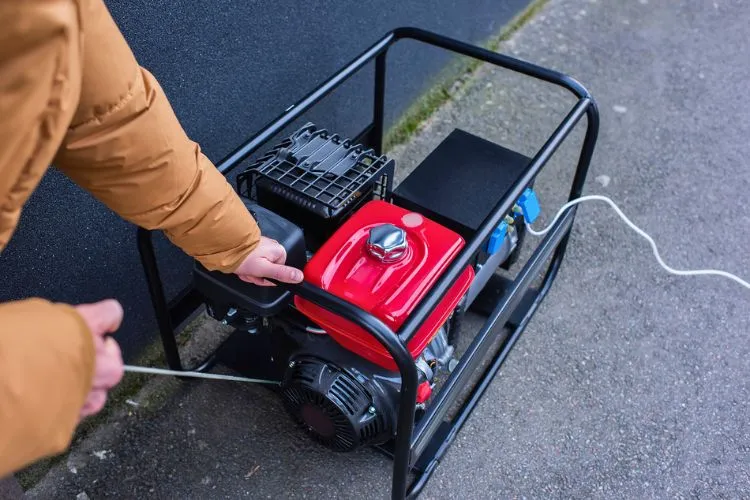
What Are Diesel Generators?
Diesel generators convert diesel fuel into electricity. They are more fuel-efficient than their gasoline counterparts and are popular in situations requiring stable and long-term power supply.
Are Diesel Generators Good For Home Use?
A diesel generator consists of an engine, an alternator, and various systems such as fuel, voltage regulation, cooling, exhaust, lubrication, a battery charger, and a control panel. Each component plays a crucial role in ensuring efficient operation.
Types of Diesel Generators for Home Use
Diesel generators intended for residential use come primarily in three types: portable, standby, and inverter.
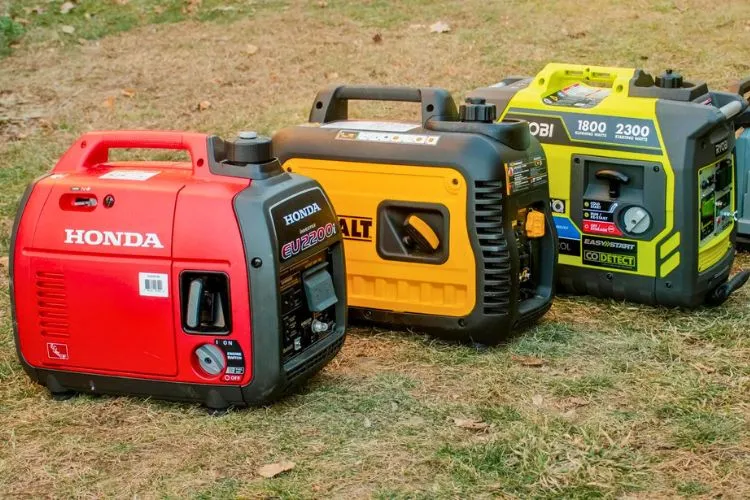
Portable units offer mobility, standby units provide automatic power backup when outages occur, and inverter generators feature advanced technology to deliver clean energy suitable for sensitive electronics.
Advantages of Diesel Generators for Home Use
Cost-Effectiveness
Fuel efficiency stands out as one of the primary advantages of diesel generators. They offer significant fuel savings compared to gasoline generators.
The longevity and low maintenance add to the cost benefits, making them a cost-effective choice in the long run.
Reliability and Durability
Diesel generators are renowned for their durability and reliability. They are built to endure harsh conditions and heavy use, which is ideal for emergency power backups.
Their ability to perform under various weather conditions without frequent breakdowns adds to their appeal for home use.
Safety Considerations
Diesel fuel has a lower risk of ignition compared to gasoline, making diesel generators safer to handle and store.
Modern diesel generators also incorporate numerous built-in safety features that enhance their secure usage.
Environmental Impact
Recent technological advances have significantly mitigated the environmental impact of diesel generators.
Today’s models produce fewer emissions than older versions, making them a more eco-friendly option than in the past.
Disadvantages of Diesel Generators for Home Use
Initial Cost and Installation
The upfront cost for a diesel generator can be higher than that of gas generators. Installation also demands careful planning regarding space and compliance with local codes, which can add to the initial expenditure.
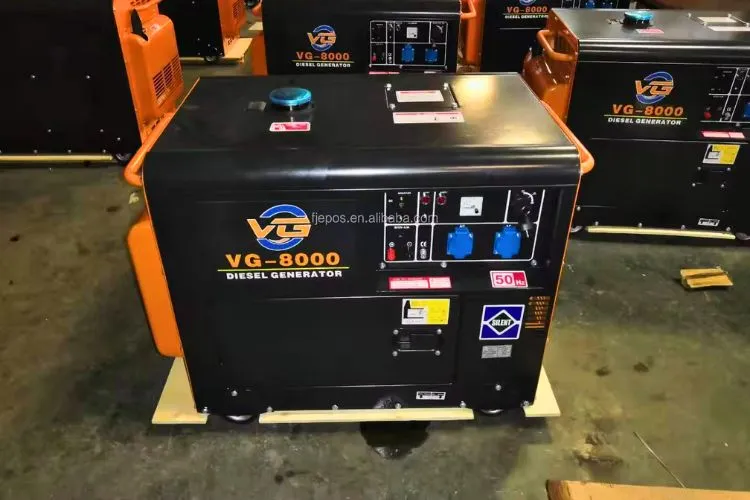
Noise and Vibration
One notable drawback of diesel generators is the high noise level and vibration they produce during operation.
While modern models have made improvements, they might still require additional soundproofing measures, especially in residential areas.
Maintenance and Fuel Storage
Regular maintenance is essential to keep a diesel generator in good working condition. Additionally, diesel fuel needs proper storage solutions to maintain safety and fuel quality.
Environmental Concerns
Despite advancements, diesel generators still emit pollutants. This can pose issues, particularly in urban areas with strict environmental regulations.
Making the Right Choice for Your Home
Assessing Your Power Needs
Before opting for a diesel generator, it’s important to calculate your power needs accurately. Oversizing or undersizing can lead to inefficiencies and increased costs.
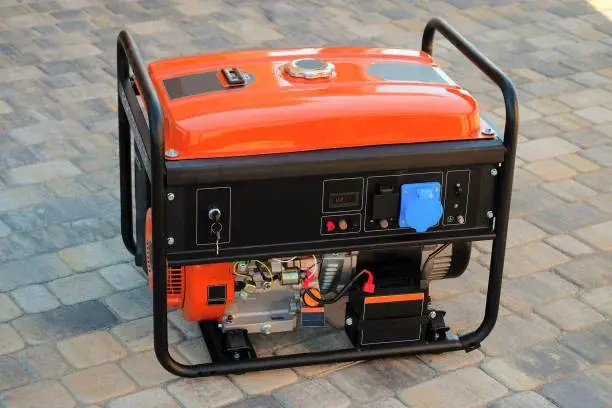
Cost-Benefit Analysis
Consider both immediate and long-term costs and benefits. Fuel availability and price stability should factor into your decision-making process.
Local Regulations and Codes
Understanding local regulations is critical. Some areas have strict rules regarding diesel generator use due to noise or emissions, which could affect your choice.
Installation and Maintenance Tips
- Professional Installation: Given the complexities involved, professional installation by a qualified technician is advisable to ensure safety and efficiency.
- Regular Maintenance Schedule: Keeping a regular maintenance schedule is vital. It includes checking the engine, fuel system, and other critical components to ensure longevity.
- Fuel Management: Proper management of diesel fuel involves regular checks and safe storage practices to avoid contamination.
Alternatives to Diesel Generators
Seeking alternatives to traditional diesel generators opens the door to innovative solutions. Solar power systems coupled with battery storage emerge as a reliable choice, harnessing the sun’s energy to provide electricity while storing excess for later use.
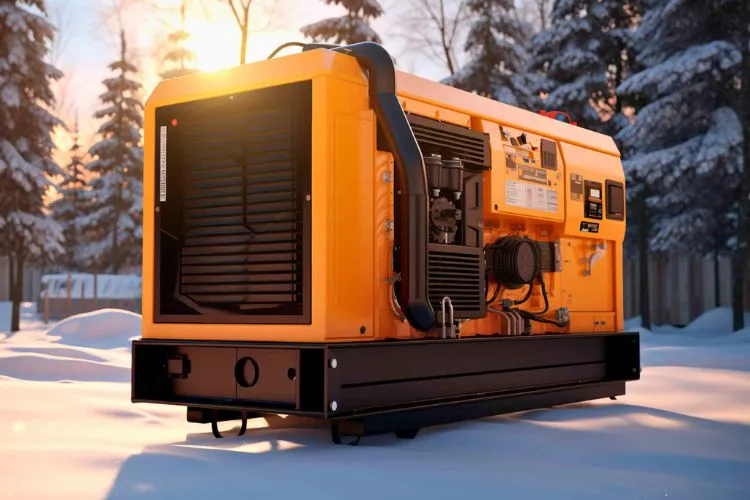
Additionally, hybrid systems that blend diesel generators with renewable energy sources—solar or wind—offer a bridge between conventional and green energy, capitalizing on the strengths of each.
These alternatives not only reduce reliance on fossil fuels but also promise cleaner, more sustainable power generation, catering to diverse needs and environmental goals.
You may also read: How to Expand Life Span of Your Diesel Generator in 5 Easy Steps
Battery Storage Solutions
Battery storage solutions are pivotal in the integration of renewable energy sources into the power grid, addressing the intermittency of solar and wind energy by storing excess generated power for later use.
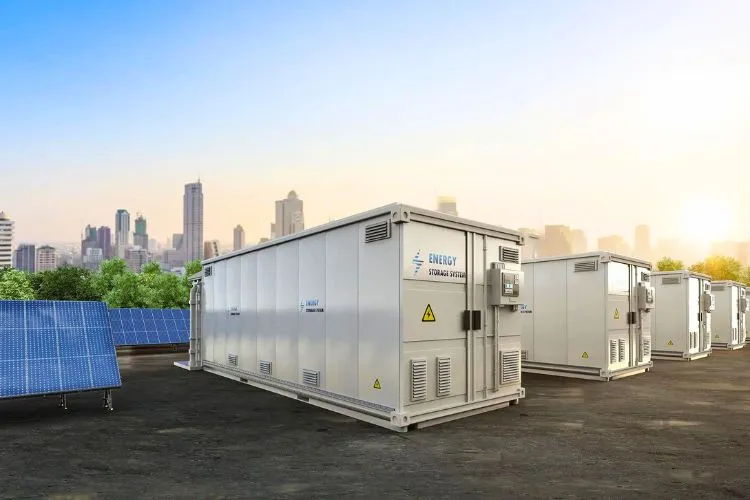
This technology enables a stable and consistent power supply, even when the sun isn’t shining or the wind isn’t blowing.
Recent advancements in battery technology, such as lithium-ion and solid-state batteries, have significantly improved their efficiency, capacity, and lifespan, reducing overall costs.
Battery storage systems can be scaled from residential to grid-scale applications, offering flexibility in deployment.
This innovation not only enhances the reliability of renewable energy but also facilitates a transition towards a more sustainable and resilient energy infrastructure.
Frequently Asked Questions (FAQs)
How long can a diesel generator run continuously?
Depending on the model and fuel capacity, some can run for as long as 24-48 hours continuously.
Can diesel generators be used for emergency power backup only?
Yes, they are excellent for emergency situations due to their reliability and long run times.
What’s the difference between a portable diesel generator and a standby generator?
Portable generators are mobile and require manual setup during outages, while standby generators are installed permanently and switch on automatically during a power cut.
How often should a diesel generator be serviced?
Typically, it should be serviced at least once a year, but this can vary based on usage.
Are diesel generators more environmentally friendly than gas generators?
Modern diesel generators have made significant strides in reducing emissions, making them more environmentally friendly than older models and, in some aspects, better than gasoline generators.
Conclusion:
Diesel generators offer numerous advantages for home use, primarily in terms of reliability and cost-effectiveness.
However, potential drawbacks such as initial costs, maintenance needs, and environmental impacts need careful consideration.
Assessing individual needs and circumstances is key in deciding if a diesel generator is right for your home.
